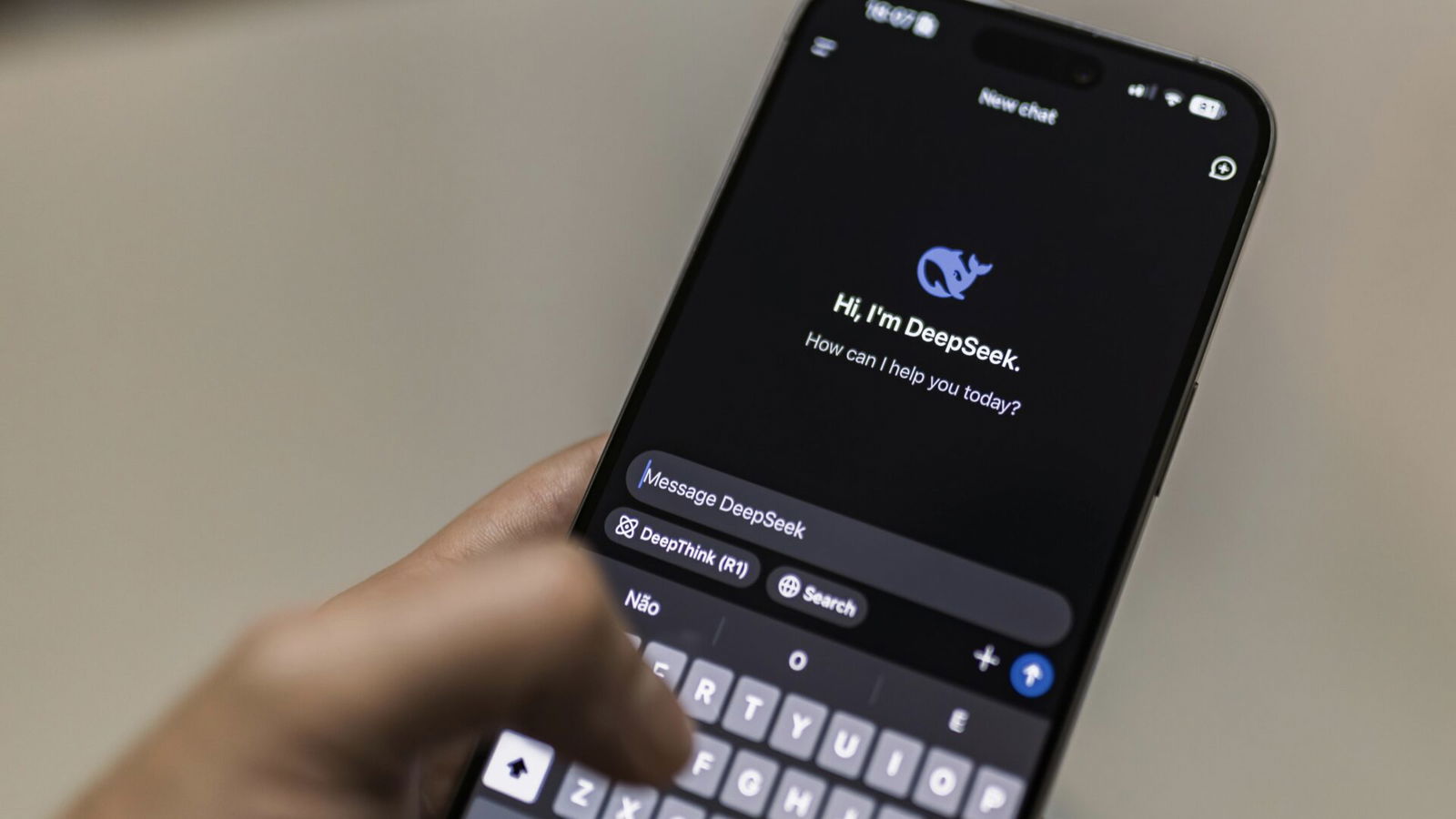
Want to Know How You Can Use AI Safely? Here’s How…
By Movieguide® Contributor
As everyday AI tools become more popular, it’s important to protect sensitive personal data.
“These tools are insane because you think about [how they] comb through millions of documents,” said Today’s Consumer Correspondent Vicky Nguyen. “I mean, legal briefs. Talk about the kind of information that is stored in these chatbots, and then you make the right query, you ask the right question, write me a brief about this, you would be shocked and astonished to see how it turns out.”
Angela Zutavern, head of AI at Alex Partners, a consulting firm, says to be careful what data you give AI, like your name, birthday, location and social security number.
“Sometimes people think, ‘Well, why would I ever do that? My address?’ But people run all kinds of questions through these things thinking it’s just a computer program,” Ngyuen explained. “What is it really storing and keeping about me? The answer is everything. So be very careful about what you’re putting in.”
Caution should even be exercised when asking for an AI chat to generate a conversation reply.
“You have to be careful about that,” says Nguyen, “and also, if you’re using it at work, are you putting in your company’s intellectual property? Are you trying to draft a memo or a response to a colleague using company-owned information to do that? That’s a big no.”
According to Tech Informed, about 5% of those who’ve used ChatGPT in the workplace have entered sensitive company data into the tool.
READ MORE: AI USE ON THE RISE AMONG U.S. ADULTS, STUDY FINDS
To protect yourself, “Always is use the browser (instead of an app) and if you know how to turn on incognito mode, that’s even better because that limits the number of cookies that are tracking you,” Nguyen says. “At the end of the day every company, every developer, is trying to collect as much information about you as possible so that they know every time [you] go onto a shopping website or where [you are].”
Clearing chat history can also help. And using the accountless version of AI chats is safer than signing in. If you do sign in, don’t use a third party like Facebook or Google, as they can share information about you with the AI platform.
There are also burner emails. “A burner email…So Apple does it a lot,” Nguyen said. “They’ll say, ‘Do you want us to just generate this random email for you and we’ll route it back to the regular one that you use? Consider getting comfortable with burner emails.”
DeepSeek is a new AI chat app that comes with some concerning security issues.
“DeepSeek made tons of headlines this week because of its disruption to the industry,” said Nguyen. “This is a Chinese-owned app…It’s an AI tool very similar to chat GPT. You can ask it questions about anything and get a really great answer.”
“The thing that people were freaking out about is the fact that the Chinese said it was developed in two months for $6 million,” she continued. “Compare that to the hundreds of millions of dollars in investment in current American AI tools and that’s what kind of got Wall Street rattled it’s right now. the number one free app as of this morning I checked on the Apple App Store.”
The app has 16 million downloads, but it may not be safe to use.
“There are definitely privacy concerns similar to… Tik Tok because it is owned by a Chinese company, and in the terms of service it says, ‘We track your keystrokes. Your data is stored on servers in China.’”
“It’s disclosed in the app and also there are some concerns about what kind of information you’re getting. We compared it to ChatGPT Gemini, and when it comes to sensitive information, when you’re asking about the government or events that happen in China, you’re not getting the full picture or all of the information,” she continued. “So there are some concerns around DeepSeek, but that is the new latest kid on the block when it comes to generative AI.
Last year, Pew Research found out that 27% of Americans interact with AI multiple times a day.
Nyguen says, “That number goes up to almost half when you’re looking at people between the ages of 18 and 19 uses on the rise to 26% and when you think about what people are using it for—shortcuts—right? Like, if you’re a student. A lot of people are using it for research, which is great. Brainstorming, which is great. Writing the first draft or maybe the final draft of an essay, not so great.”
READ MORE: AI SPENDING PREDICTED TO PASS $13 BILLION BY 2028
Questions or comments? Please write to us here.


 - Content:
- Content: 

